A History of the Ploughman’s Lunch
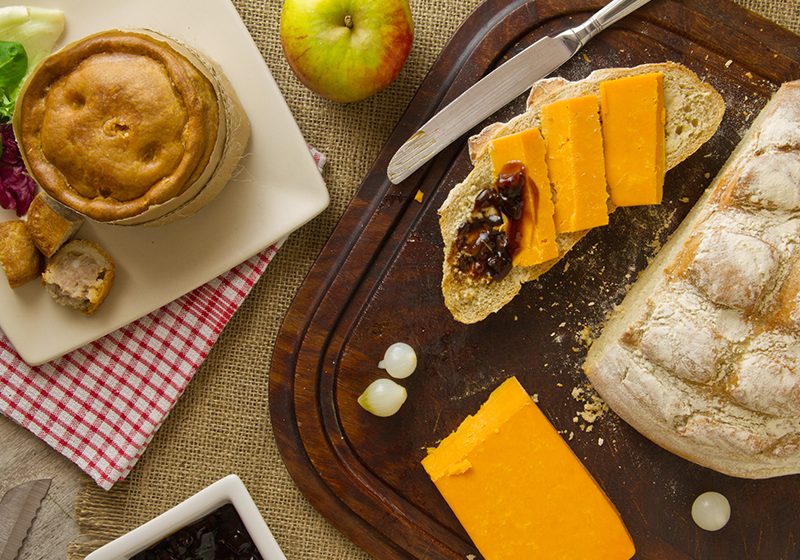
It’s as if the term ‘Ploughman’s Lunch‘ has been on the archetypal village pub’s menu for several millennia but you might be astonished to find out its use started far more recently; we were! According to agreement from various sources including the BBC, the phrase ‘Ploughman’s Lunch’ was first promoted by the Milk Marketing Board in the 1960s. It was part of a campaign to promote the sales of cheese, especially in pubs. However the concept of the combination of ingredients is much older.
If we journey back slightly further to an edition of a magazine published by the Brewers’ Society called ‘A Monthly Bulletin’ (dated July 1956), we get a superb quote describing the activities of a group called the Cheese Bureau. It says “exists for the admirable purpose of popularising cheese and, as a corollary, the public house lunch of bread, beer, cheese and pickle. This traditional combination was broken by rationing; the Cheese Bureau hopes, by demonstrating the natural affinity of the two parties, to effect a remarriage”. The use of the phrase ‘traditional combination’ suggests this type of well balanced, locally produced food has indeed long been a part of rural folk’s diets.
Whenever this perfect meal first originated, there is one thing we feel is vital to the perfect Ploughmans Lunch: generosity. Each piece of cheese, or bread or accompaniment used must be large and chunky. Perhaps this explains why rationing and the war got in the way of our enjoyment of this unique English dish and we needed the MMB in the ’60s to remind us how good it always was.
Have a look at our recipe ideas for the perfect Ploughman’s Lunch here
4 thoughts on “A History of the Ploughman’s Lunch”
You must be logged in to post a comment.




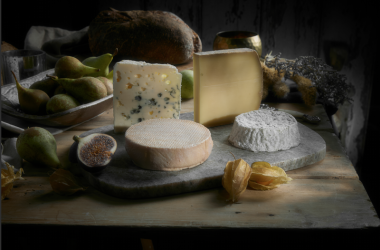
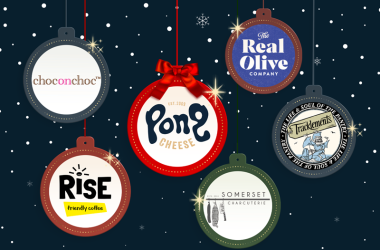
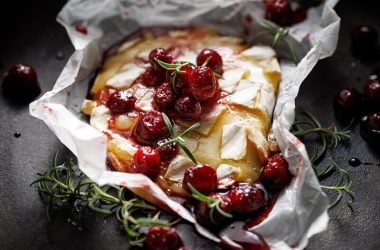
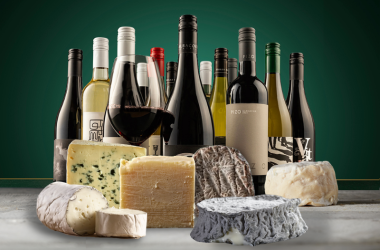
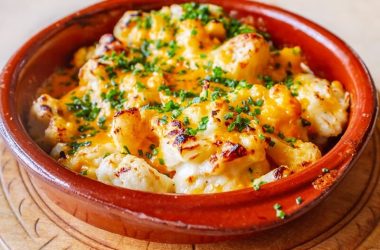

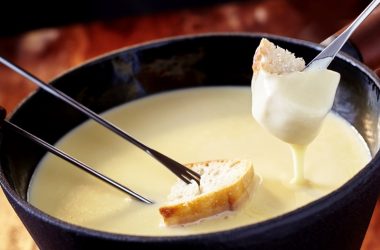
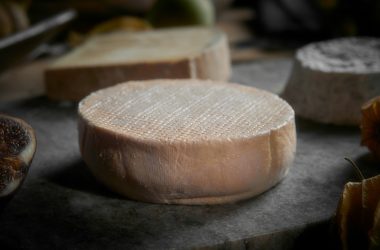

That’s an unsatisfactory answer to my mind. What I want to hear is that it came about because the ploughman or other hard worker was so hungry he had it all at once. No time to make a fancy sandwich, it was just slam that in the gob put some of that on that and down the hatch etc
The Ploughmans Lunch was indeed created to sell more cheese by the Milk Marketing Board, however the inventor was Mr Alfred Neal, the Devon & Cornwall marketing manager. Alfred Neal was also responsible for the idea of the Dairy Cookery Books which were sold over many years by the local delivery Milkman. Many of the recipes are still used by his daughter (my wife).
Ha! I have that delightful book by the Dairy Board. I cherish it, as it was my mother in laws. She must have brought it over from the Uk when she first came to Zambia. My grateful thanks to your father in law!🙏🏼
It is more than likely that the owners of small cafes and modest restaurants and ‘tea stalls’ called their premises ‘workers cafes’, with the passage of time this description evolved into places like the Woolcombers Arms, the Steelworkers canteen, the Haymakers hotel, the King’s Head and the Ploughman’s table, adding the word lunch to describe a simple meal was an exercise that caught on and was copied, simple words which quickly suggested a modest pork pie meal, the sale of a simple meal such as a sandwich with a pint of ale was behind the extended usage.